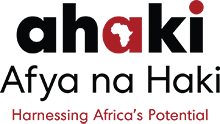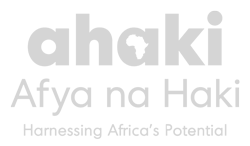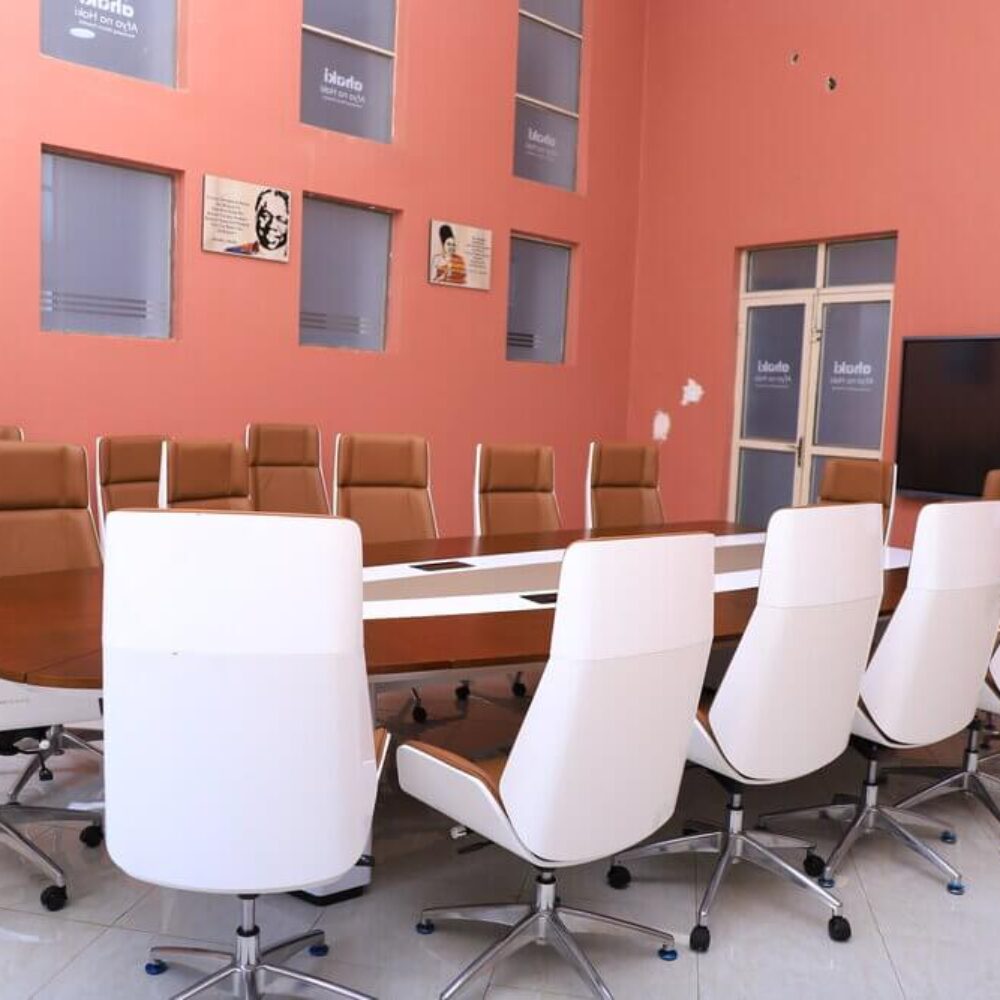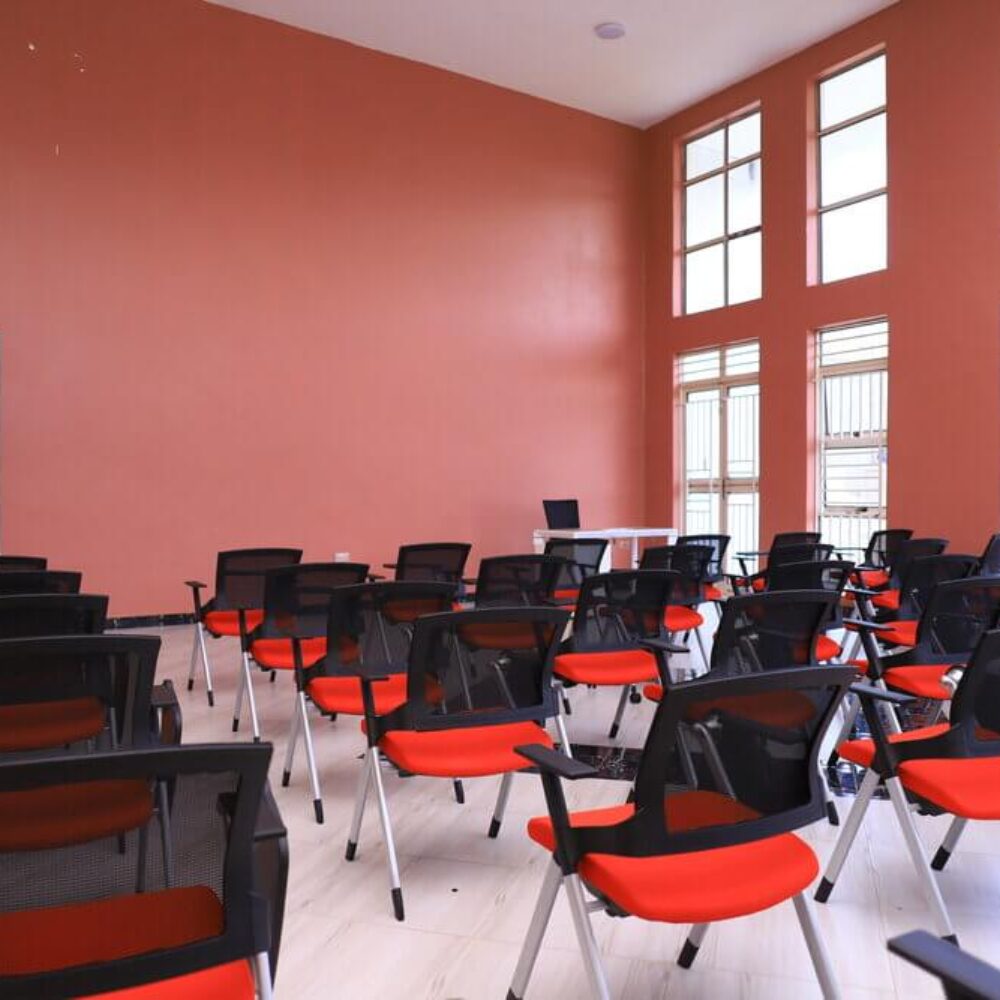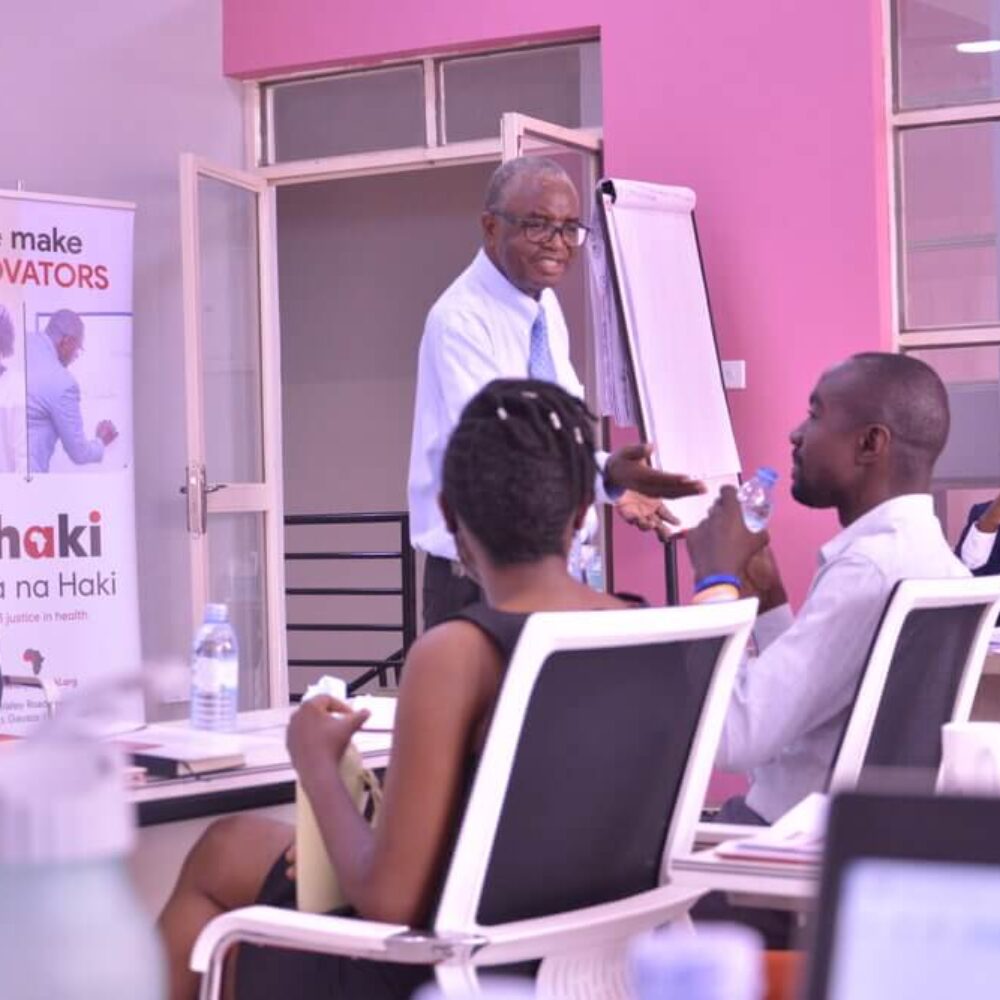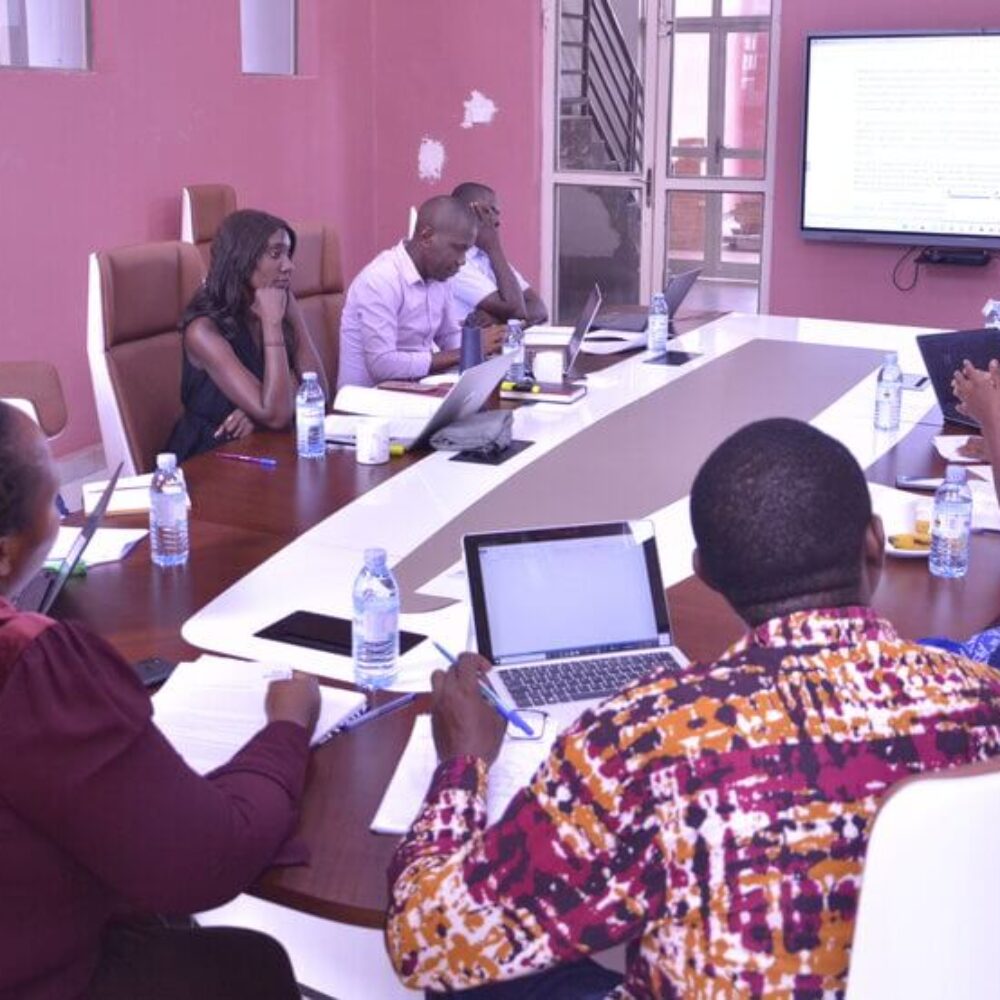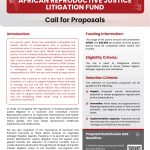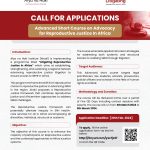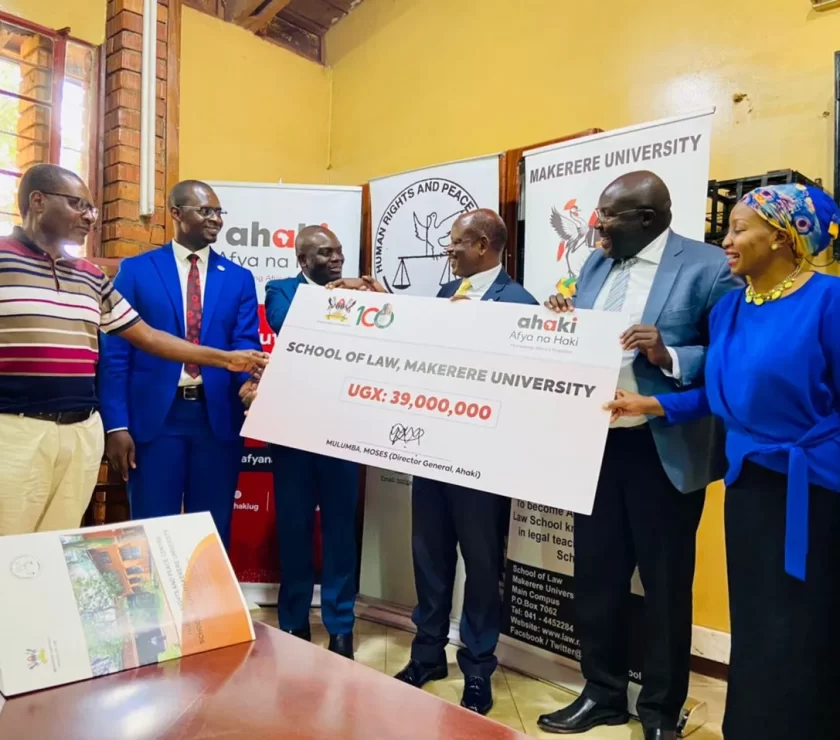“As soon as my plane ‘entered’ the African continent”
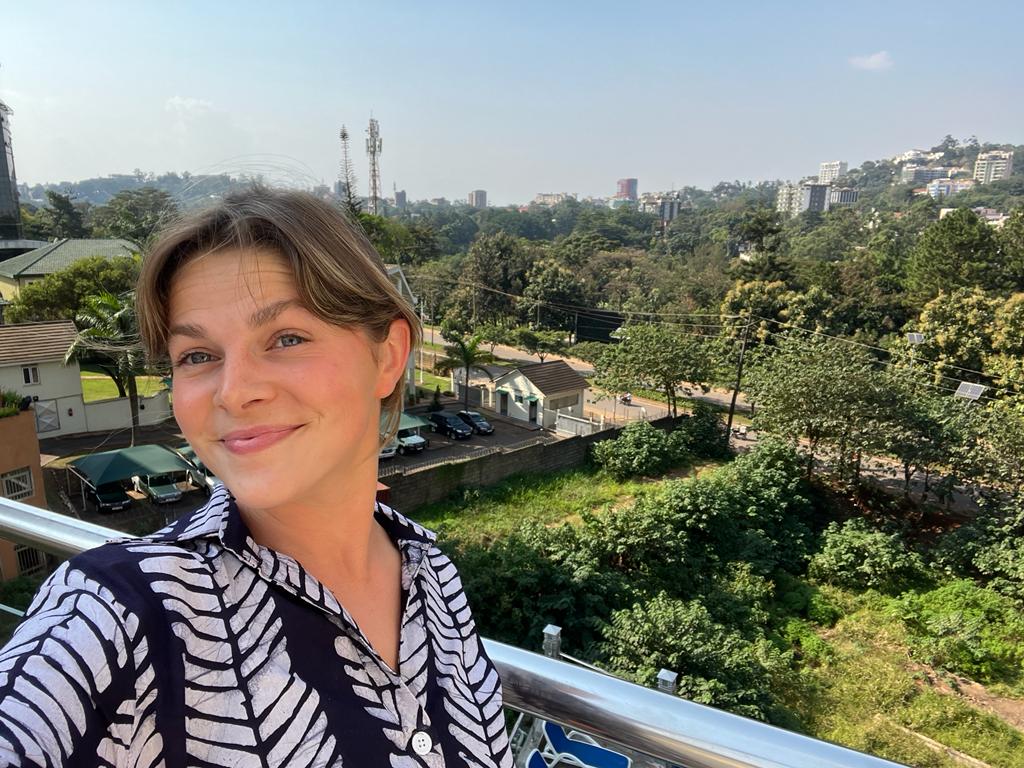
By Grace Doppler
In the time since my fieldwork with Afya na Haki (Ahaki), I had hoped I would be able to relay the experience fully. After all, my family, friends, and colleagues were very eager to hear about it. Life-changing experiences can be difficult to put into words, and I don’t use that term lightly. I am not the same person I was before I first entered Uganda.
I was introduced to new ways of viewing and thinking about the world and my place in it. Immersing myself in this experience was arduous as much as it was glorious, as humbling as it was empowering. Sometimes it feels as if language isn’t sufficient to describe the profundity. However, I have found that I am best able to share my experience with others and reflect on it myself through storytelling.
“As soon as my plane ‘entered’ the African continent” I felt a force, the thrill of a new adventure in a place of ancient history, the essence of something spiritual.” This was the first line of my first journal entry after arriving in Uganda. I arrived in the middle of the night just 8 hours before I would report to Afya na Haki in Nakwero. I knew next to nothing about what kind of environment I was stepping into.
This was like starting a new job, but in a different country, on a different continent; everyone and everything was unfamiliar. It was both exciting and nerve-wracking as one could imagine. I woke up at 5 am to the call to prayer being projected from the mosque across the road, which gave me extra time to get ready for the day. I arrived at the gate of Afya na Haki a couple of hours later and was quickly greeted by a smiling Joselyn. She gave me a tour of the building and introduced me to everyone, all welcoming me so kindly. I took it all in, the nerves, excitement, and anticipation of how this experience would shape me.
I wandered around the building, noticing the plaques with words from African trailblazers like Kwame Nkrumah, Nelson Mandela, Wangari Maathai, Kofi Annan, and many more. It was immediately clear to me that the work environment and culture of Ahaki epitomized the African philosophy of Ubuntu, a philosophy described by the saying “I am because we are, and since we are, therefore I am.” This practice comes with an established sense of unity and humility that was evident at Ahaki. In all meetings, everyone spoke, and everyone’s voice mattered in discussion, it was also evidenced by the signage around the building that emphasized strength, identity, and justice.
I was able to take advantage of the newly established Ahaki Library “Nyerere Library” during my fieldwork. One text in particular I found deeply enriching was Traditional African Philosophy: Critical Dimensions. Admittedly, this was my first encounter with any African philosophical text, but one that resonates deeply with me to this day. That fact in itself is something I have reflected upon – why hadn’t I been exposed to these prominent philosophers or fields of thought prior to this experience? The primacy of Western philosophy and knowledge that results in the overwhelming dominance of Western narratives of world history is too infrequently questioned.
Part of what I found so inspiring about Afya na Haki’s work is how intentional they are in problematizing this “reality”, encouraging us to question the beliefs, values, laws, and systems that are largely or completely influenced by colonial powers. As an American, I often felt shame and embarrassment in these moments. It was difficult to reflect on the epistemological and ontological “truths” that had shaped my life and perspective. As a result of this, I had many moments of feeling foolish but ultimately came to accept that this is a crucial phase in the pursuit of knowledge. I could choose to continue with a fatalistic attitude towards the reality I had been living in, or I could lean into this discomfort and (un)learn as much as I could through literature, conversation with colleagues, and engagement with my own critical reflections.
This process, similar to that of Nkrumah’s consciencism or Paolo Freire’s conscientizacao, is a term coined by Freire in Pedagogy of the Oppressed, whichdescribes the consciousness-raising of a student from naïve to critical social consciousness and occurs through a collaborative learning process in which the student and teacher are equal partners in a dialogic reflection on the dynamic nature of, an often oppressive, reality. Coincidentally, I was reading this book just before I left for Uganda. It seemed that the aforementioned books found me at the most opportune time.
I am so grateful for the experience that allowed me to navigate this learning process in a safe, supportive, and collaborative environment. Everything I participated in, from lectures, to think tanks, to informal conversations, catalyzed a new way of thinking about global health and global politics. These instances introduced me to an Africentric approach to knowledge generation and reflection.
The Africentric approach, as written by Prof. Seggane Musisi, “fosters the examination of all data from the standpoint of Africans as subjects and human agents, rather than as objects in a European frame of mind”. This approach can have profound implications in research and education in global health and development fields, encouraging an emphasis on community, indigeneity, voice, empowerment, and a critical lens to the “truths” that much of the world has accepted regarding health and development.
Tenacity and passion are traits all Ahaki team members embody. Pursuing work in global health, social justice, and human rights can feel like a Sisyphean task with persistent and systemic barriers, making progress seem minute or only bringing about a new set of challenges. It can often lead to physical, mental, and emotional fatigue. However, the drive and work ethic that the Ahaki team possesses in adversarial conditions cannot be overstated. Their commitment has invigorated my passion for the work I hope to do and has enhanced the skills, tools, and network that will aid in my career.
The two-month period was dense with interdisciplinary praxis, community engagements, and learning opportunities. I was fortunate to participate in several of the innovative strategies of knowledge generation, teaching, and learning. I witnessed the team developing strategic partnerships and curating an immaculate and prolific communications strategy. Some of these engagements included a lecture by Dr. Mulumba Moses on Reproductive Justice in Africa, a co-creative think tank session on digital data governance, and a staff wellness retreat.
I also joined the second cohort of Ahaki’s short course on Advocacy for Reproductive Justice in Africa, learning through fantastic lectures and discussions with the likes of Solome Nakaweesi-Kimbugwe, Prof Ben Twinomugisha, Nimrod Muhumuza, Jessica Oga, and more. The insight gained from each of these is insurmountable, from the content to the pedagogy, discussion, and collaboration. I was even able to learn some basic Luganda and French!
In writing this, I reminisce on moments shared with the Ahaki team. Every day I was excited to see what traditional Ugandan food we would eat, hoping for a piece of chapati and some matoke. I remember being overcome with joy when I won the potato sack race at the staff retreat, dancing with the team to the liberating rhythm of Afro beats, floating down the River Nile in Jinja with a couple of the fellows, learning phrases in Luganda, and riding on the back of a bodaboda looking out at the colorful horizon–the crimson orange of the roads and the bright green of the palm trees.
I am not quite sure how a girl from North Dakota made her way to work amidst the superheroes at Afya na Haki, but my gratitude to them for providing a space in which to grow and connect knows no bounds. “On his way, a traveler through our country would stop at a village, and he didn’t have to ask for food or for water. Once he stops, the people give him food, entertain him. That is one aspect of Ubuntu, but Ubuntu has various aspects. Ubuntu does not mean that people should not enrich themselves. The question therefore is: Are you going to do so in order to enable the community around you to improve?” Nelson Mandela
The writer, Grace Doppler, a Master’s student at the University of Bergen, Norway was an intern at Afya na Haki (Ahaki)
